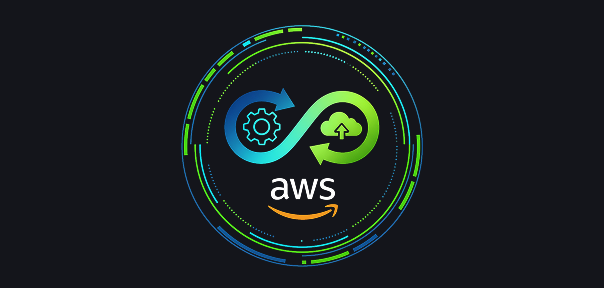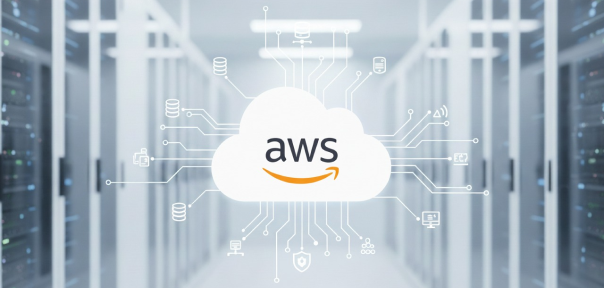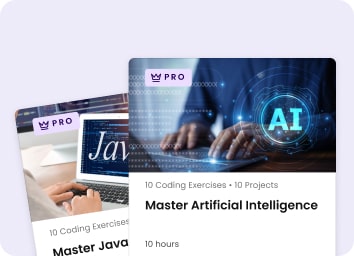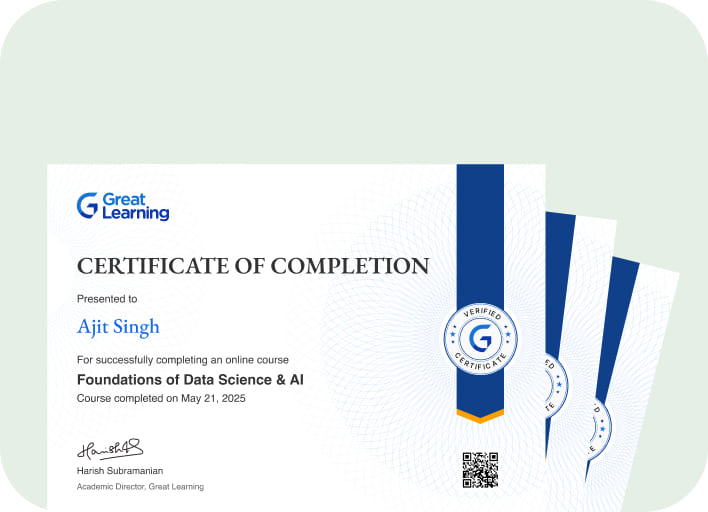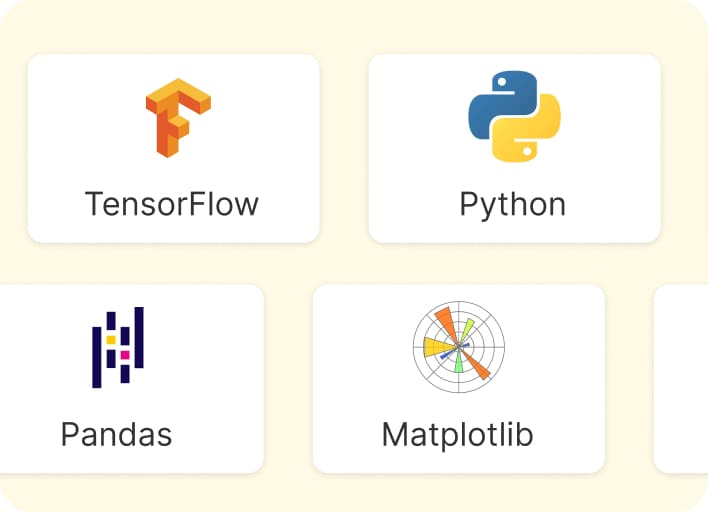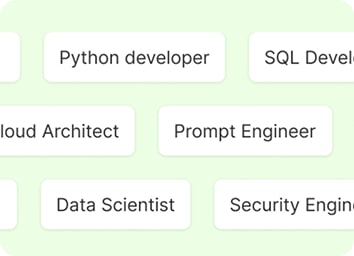Data Science with Python Course
Hands-On Data Science Using Python
Learn data analysis, machine learning, and data visualization with Python, probability distributions, EDA, ML algorithms, and model evaluation. Join our Python Data Science course and build practical data-driven innovations.
About this course
This online data science course covers the essential concepts for working with real datasets in Python. You’ll learn NumPy fundamentals such as array creation, indexing, slicing, and core operations, so you can process data faster and avoid slow manual calculations. You’ll also learn how to combine and split arrays and apply arithmetic functions to prepare data for analysis and modeling. You’ll understand concepts like Bayes theorem and common distributions, then use statistics such as central tendency, dispersion, boxplots, and correlation to explain patterns clearly. You’ll also build hands-on EDA skills, including 5-point summaries, skewness checks, missing value imputation, outlier handling, encoding categorical data, and scaling, so your datasets become reliable inputs for machine learning. Learn core models like regression, decision trees, and k-means clustering, and apply these skills to projects like the MovieLens dataset and building an Azure chatbot. By the end of the course, you’ll be able to summarize data and make confident decisions using probability, distributions, and descriptive statistics.
Earn a certificate with an Academy Pro+ subscription
Stand out to recruiters
Share on professional channels
Globally recognised
Land your dream job
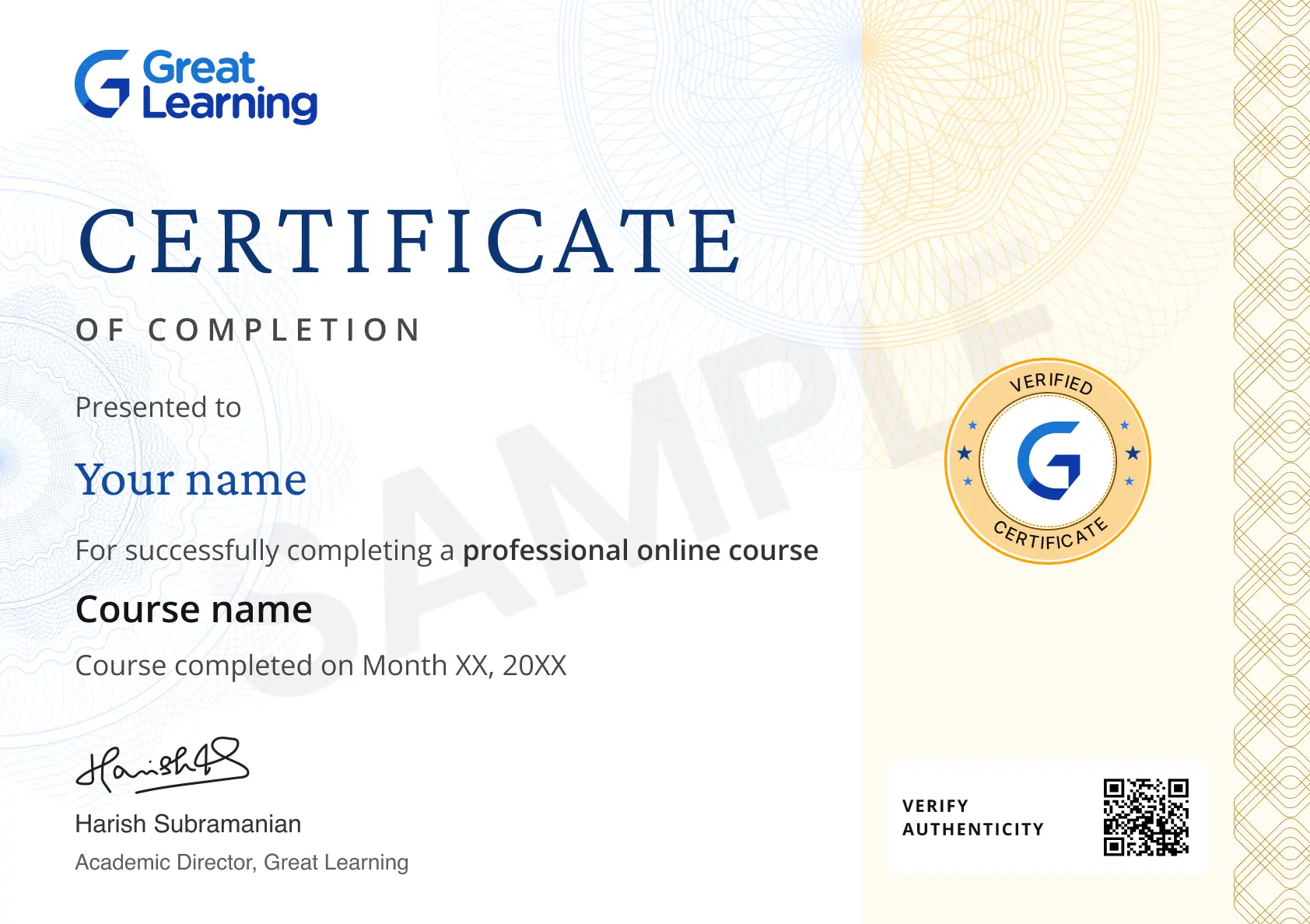
Course outline
Industry focussed curriculum designed by experts
Introduction to NumPy
7 items
0.28 hr
- Introduction to Numpy
- Indexing an Array
- Slicing an Array
- Operations on an Array
- Arithmetic Functioning in Numpy
- Concatenation of Array
- Splitting of Array
Introduction to Pandas
7 items
1.05 hr
- Introduction to Pandas
- Introduction to Data Structures
- Introduction to Pandas Series and Creating Series
- Manipulating Series
- Introduction to Dataframes and Creating Dataframe
- Manipulating the Dataframes
- Reading Data From Different Sources
Introduction to Probability and Distributions
7 items
1.08 hr
- Probability - Meaning and concepts
- Rules for Computing Probability
- Marginal Probability and Example
- Bayes theorem and Example
- Binomial Distribution and Example
- Normal Distribution and Example
- Poisson Distribution and Example
Introduction to Descriptive Statistics
19 items
2.23 hr
- Statistical Learning Outline
- Why Statistics and Big Data
- Statistics Methods
- Classical Definition and Definition of Stats
- Some Vital Terms in Stats
- Sources and Types of Data, Data Sets
- Data Objects, Attributes and Attribute Types
- Statistical Learning Summary
- Data and Histogram
- Descriptive Statistics Outline
- Central Tendency and 3 Ms
- Measures of Dispersion, Range, IQR
- Standard Deviation
- Coefficient of Variation
- The Empirical Rule and Chebyshev Rule
- Five Number Summary and the Boxplot along with Other Plots
- Data Visualizations
- Correlation Analysis
- Summary - Descriptive Statistics
Introduction to Exploratory Data Analysis (EDA)
10 items
1.40 hr
- Introduction to EDA
- Descriptive Data Measures
- 5 Point Summary and Skewness of Data
- Box-plot, Covariance and Coeff of Correlation
- Let's Get Our Hands Dirty with Code
- Univariate and Multivariate Analysis
- Encoding Categorical Data
- What is Preprocessing?
- Imputing Missing Values
- Working with Outliers
Supervised Learning - Linear Regression
4 items
1.06 hr
- Concepts of Machine Learning and Importance
- Supervised Machine Learning - Introduction
- Linear Regression and its Pearson’s Coefficient
- Linear Regression Mathematically and Coefficient of Determinant
Supervised Learning - Logistic Regression
2 items
0.43 hr
- Classification Algorithm - Logistic Regression
- Logistic Regression Model and Sigmoid Function
Introduction to Decision Trees
1 item
0.51 hr
- Decision Trees - Introduction
Introduction to Ensemble Techniques
8 items
1.08 hr
- Ensemble Methods
- Bagging
- Bagging - Hands on Exercise
- Boosting
- Types of Boosting
- Adaboosting - Hands on Exercise
- Gradient Boosting - Hands-on Exercise
- Random Forest
Introduction to Unsupervised Learning
3 items
0.37 hr
- Introduction to Unsupervised Learning - Clustering
- Clustering - Types and Distance
- K-means Clustering
Get access to the complete curriculum with your free trial
Start 7-Day Free TrialGuided Projects
Solve real-world projects with the data science with Python course using a step-by-step guide, starter code templates, and access to model solutions to boost your skills and build a standout resume.
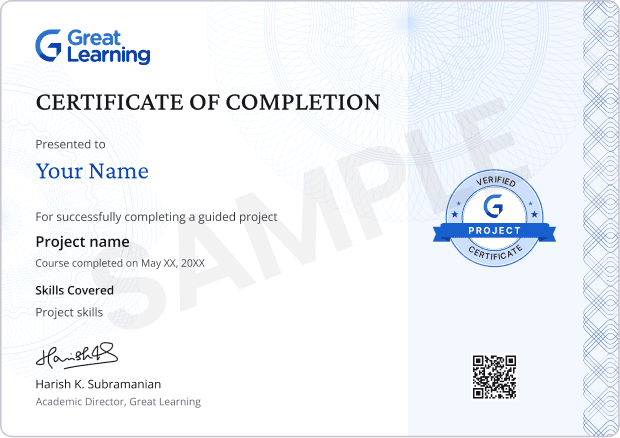
Get a project certificate to add to your resume
Earn a certificate for every project you complete.
- GUIDED PROJECT 1
- Exploratory Data Analysis on Movielens dataset
- In this project, we will dive into the MovieLens dataset, a rich collection of user ratings, movie information, and genres. Our objective is to perform a thorough analysis of the data, uncover key insights, and present these findings through visually compelling charts.
Gain skills & build your resume with complete access to guided projects in your free trial
Start 7-Day Free TrialCourse Instructors
Prof. Mukesh Rao
Senior Faculty, Academics, Great Learning
Dr. Abhinanda Sarkar
Senior Faculty & Director Academics, Great Learning
Our Learners Experience
Frequently Asked Questions
What can I expect from Python Data Science course?
This Python data science course entails practical experience in data analysis, machine learning and data visualization with Python. The course provides you with the knowledge of key aspects such as data cleaning, statistical modeling and Python library applications that can make you a master of data science using Python.
Who should take this Python for Data Science training course?
The Python course for data science is designed for both novice and intermediate learners who wish to develop their data science skills. This course will be right up your alley in case you want to learn how to use Python in data science as a career starter or even a data science reskilled.
What skills will I gain from this Python Data Science course?
By doing the course data science using Python, you will learn how to manipulate data, statistical data analysis, and machine learning algorithms. This course will aid you to learn and master the data science application using Python to navigate the libraries like Pandas, NumPy, and Matplotlib.
What kind of learning experience does this offer from Python Data Science?
The Python data science training is interactive and self-paced; you learn through a variety of projects, coding challenges, and assistance that is provided by AI. The introduction to data science Python is a program that will guarantee you put the information you will learn to practice.
Does this Python in Data Science training offer any hands-on projects?
Yes, this Data science using python course involves several practical tasks that will enable you to learn how to analyze datasets, implement machine learning models, and generate data visualizations. These projects are critical in the learning of the skills needed to learn data science using Python and applying it to real-world data problems.
Subscribe to Academy Pro+
Build skills and prepare for jobs with access to 500+ courses, certificates and tools.
Subscribe To Pro+ • $29/MonthSkill Prep
Build skills with courses, practice with tools and earn certificates.
500+ courses
500+ Coding Exercises
Microsoft & AWS certificates

Job Prep
Work on industry-relevant scenarios, build professional resumes & prepare for jobs with mock interviews
50+ Guided Projects
AI Resume Builder
AI mock interviews
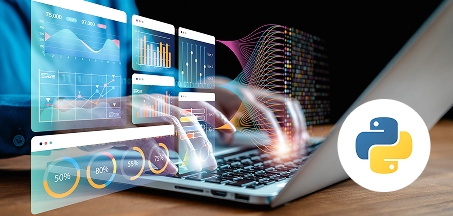







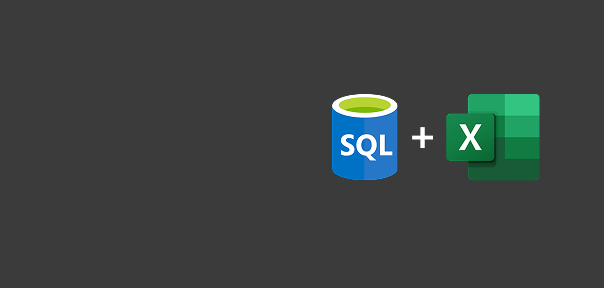



.jpg)
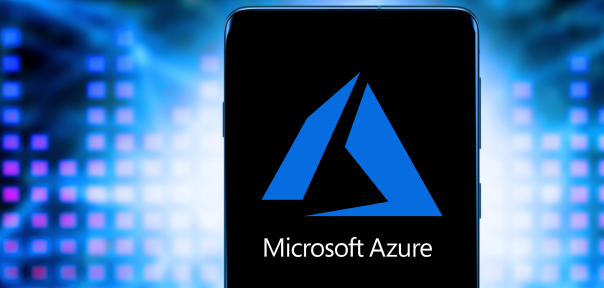
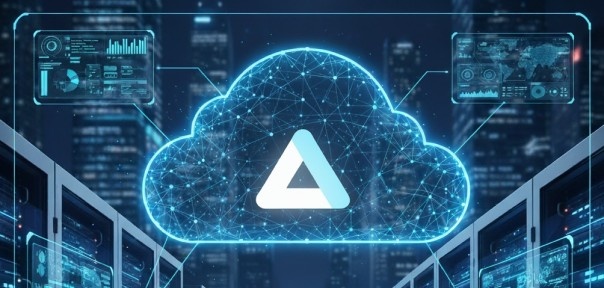

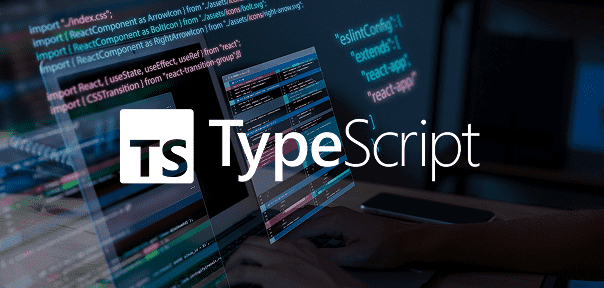



 (1).png)
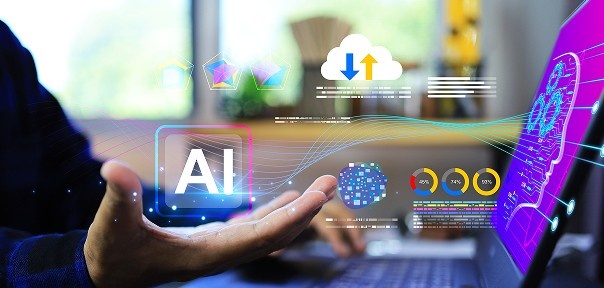

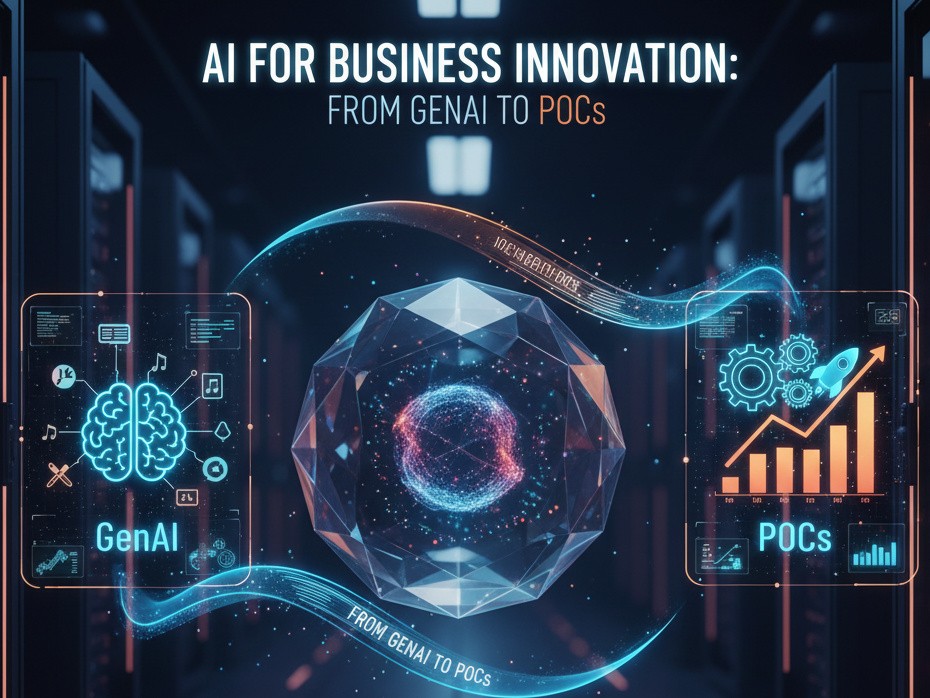


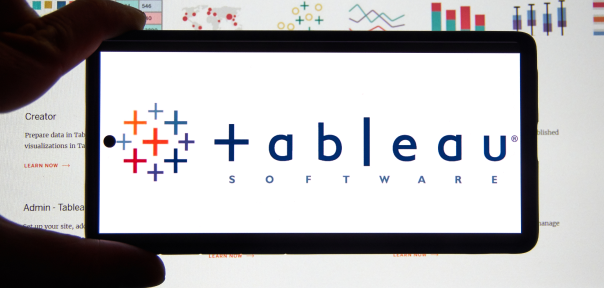
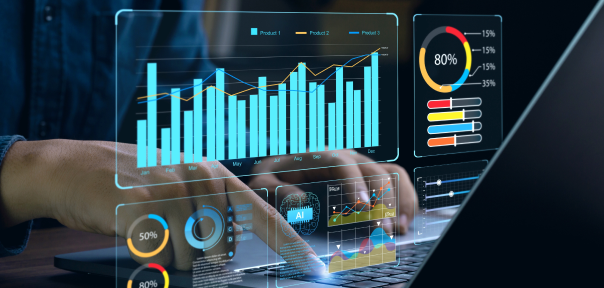
.png)
 (1).jpg)

.png)

.png)
.png)
.png)
.png)
.png)
.png)
.png)

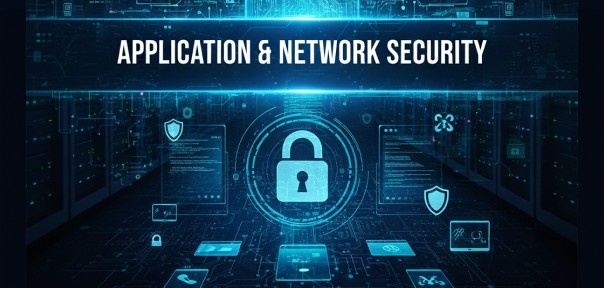
.png)
.png)
.png)
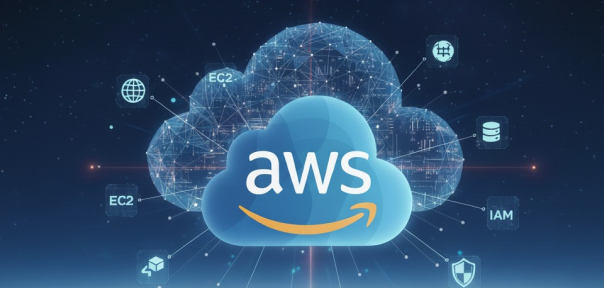
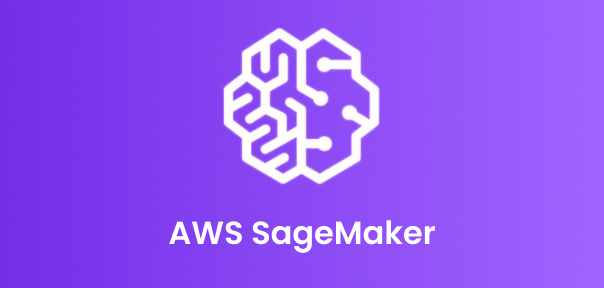


.png)
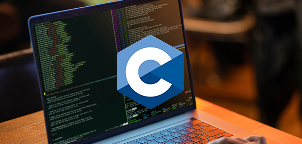

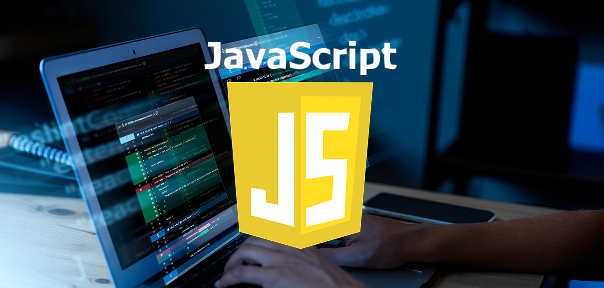
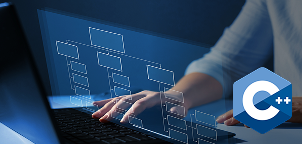
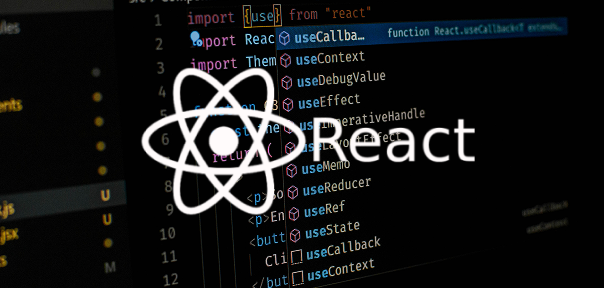
.png)
.png)
.png)
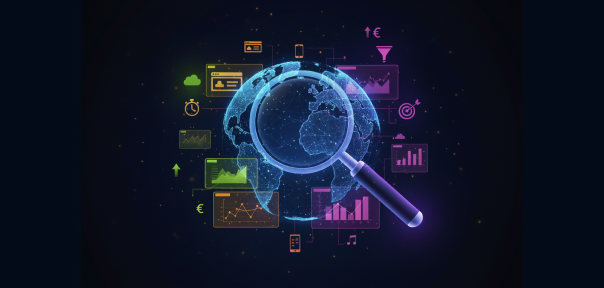

.jpg)
.png)
.png)

.png)
.jpg)

.jpg)
.jpg)
.jpeg)
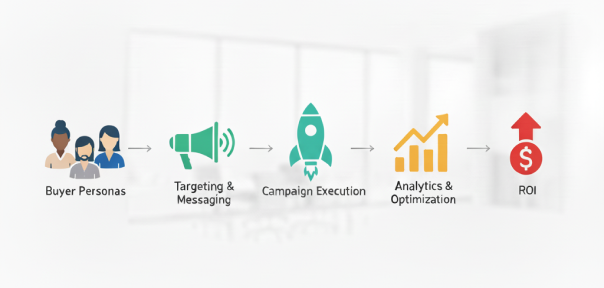
.png)
.jpg)
.jpg)
.png)
